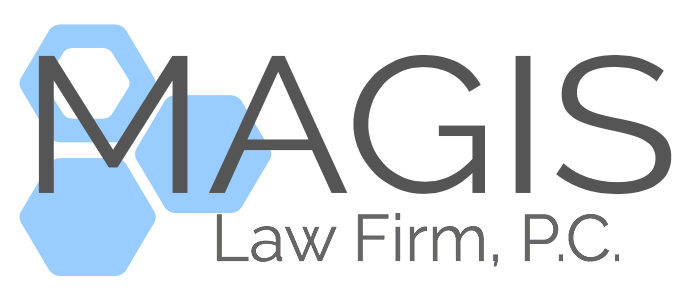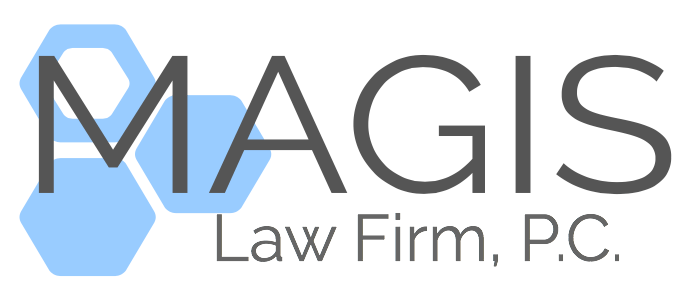The federal standards set to regulate referrals are known as the Stark Law and the Anti-Kickback Statute. The Stark Law prohibits a referral by a physician of a Medicare or Medicaid patient to an entity for the provision of “designated health services” if the physician or an immediate family member has a financial relationship with that entity. The federal Anti-Kickback Statute is a healthcare fraud and abuse statute that prohibits the exchange of remuneration for referrals for services that are payable by a federal healthcare program.
Although referrals may be regulated at the federal level through the Stark Law and the Anti-Kickback Statute, their applications are limited to federal public payers.
At least 35 states have their own laws or regulations restricting self-referral arrangements that broaden the scope of self-referral and kickback restrictions beyond the federal restrictions. Some significant differences between the federal and state statutes include: (i) state laws may apply to more payers (i.e., private payers), (ii) state laws may apply to more providers and (iii) state laws may encompass a broader range of services.
HealthTech companies wishing to engage potential referral sources in any respect should be wary of the Stark Law and Anti-Kickback Statute. Any HealthTech company should seek the advice of a qualified HealthTech attorney.
Financial, equitable or generally beneficial relationships with physicians, healthcare providers and other referral sources for certain healthcare transactions can contain regulatory pitfalls that can substantially impact a HealthTech company’s finances (through civil and criminal penalties) and ability to bring its product or service to market (through debarment from participation in federal or state healthcare programs).
The simplest scenario to flag for a potential compliance issue is a financial relationship with a referral source in which the compensation to the source is based on the volume or the value of referrals.
A prudent HealthTech company will also employ a well-rounded compliance program to identify certain referral relationships and evaluate the proper mechanism through which to enter into that relationship.
Matthew DeNoncour, Esq. is the principal attorney and owner of Magis Law Firm, a boutique law firm based in Boston, with offices in Providence, Miami, and Fort Myers, where he provides legal services to the healthcare, life science, and technology industries. You can reach Matt at magislawfirm.com, by phone at 866-277-8680 or by email at mdenoncour@magislawfirm.com. This post is not meant to be legal advice: learn more here.



